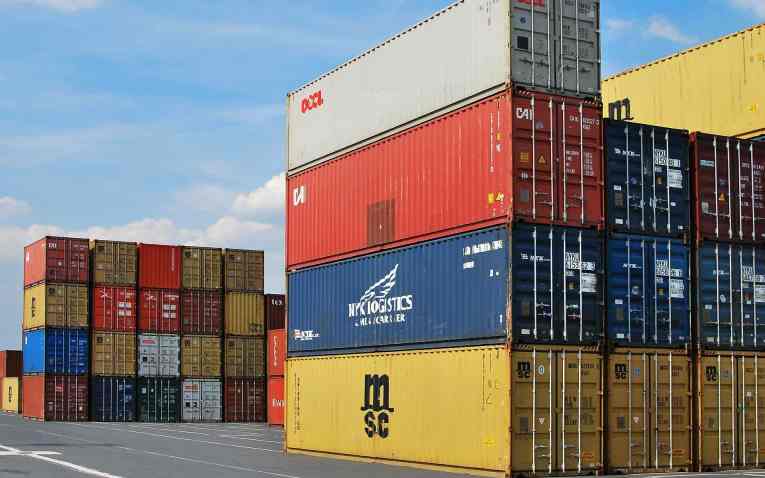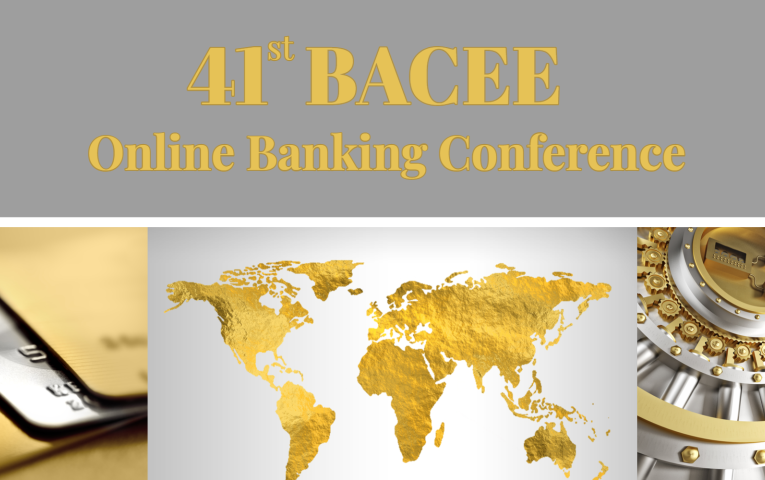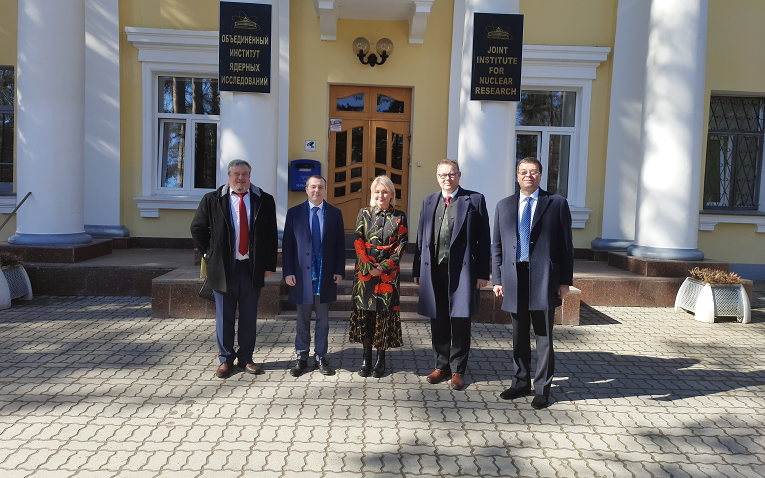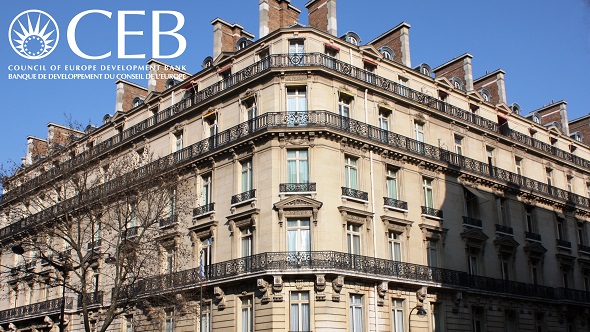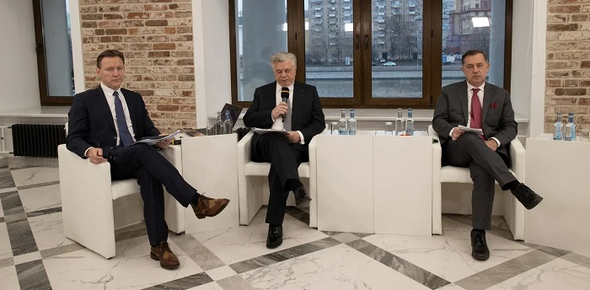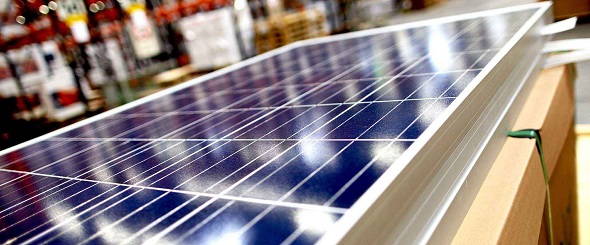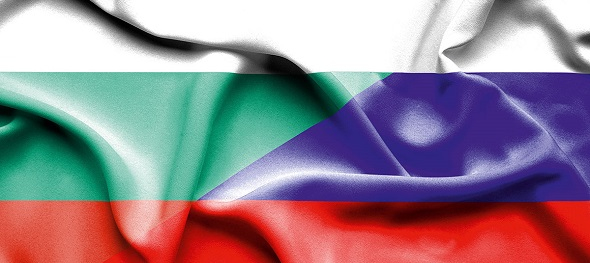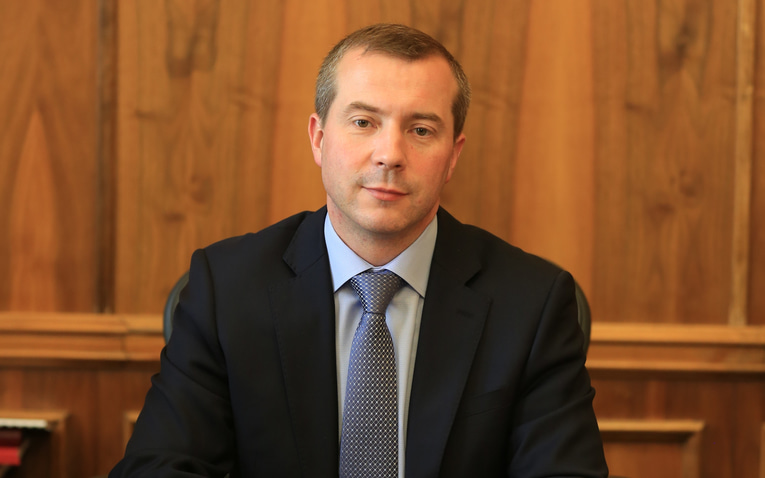The roundtable "Multilateral Development Banks in the Post- COVID Period: Old Challenges and New Opportunities" was held within the framework of the St. Petersburg International Economic Forum. The event was held under the patronage of the Ministry of Finance of the Russian Federation, it was attended by representatives of international financial organizations, where Russia is a member state – the World Bank, the Eurasian Development Bank, the Black Sea Trade and Development Bank, the Asian Infrastructure Investment Bank, the largest national development institute VEB.RF, and the largest Russian banks. The International Bank for Economic Co-operation was represented by its Chairman of the Management Board, Denis Ivanov, who acted as one of the key speakers.
The scale and depth of the problems caused by the pandemic demanded qualitatively new approaches and tools, new mechanisms of interaction, new formats of business processes. The practice of the last year has shown that multilateral financial institutions have the potential, which has allowed them to become leaders in overcoming the crisis caused by pandemic. By providing meaningful assistance in overcoming economic problems, multilateral development institutions play a critical role in overcoming the social consequences of the crisis, since, thanks to their mandates, they are able to pursue comprehensive policies, not being limited to narrow, purely commercial tasks. In total, in 2020 international financial organizations ensured support worth more than EUR 300 billion to combat the consequences of the pandemic and, no less important, activated mechanisms for recovering business and social interaction and reviving the global economy. According to Pavel Snisorenko, Director of the Department of International Financial Relations of the Ministry of Finance of Russia, the Ministry of Finance of the Russian Federation intends to actively promote the implementation of development projects using such instruments as bilateral cooperation and technical assistance.
Denis Ivanov, using the example of the International Bank for Economic Cooperation, showed the effectiveness of international development institutions: “Over the past year, IBEC has directed its maximum efforts to support those industries that play a key role in combating the pandemic and its consequences (pharmaceuticals, medicine, and insurance). The total share of operations and projects aimed at combating COVID-19 at the end of 2020 amounted to about 25% of the Bank's total portfolio. "Among the projects directly related to the post-crisis agenda are the financing of the insurance business (Poland, Bulgaria, Romania), the development of transport infrastructure (Mongolia, Poland), support for international trade, and above all, the supply of medicines and equipment. The latter area is a unique feature of the IBEC, which historically inherited the settlement functions specific to an international financial organization and a mandate to support international trade. In 2020, the volume of international trade decreased by 9% worldwide and most experts link the way out of the global pandemic crisis with the restoration of export-import operations. “It is the support of export-import operations and interregional relations that is the key area of the IBEC's activity, which we plan to develop further,” – Denis Ivanov noted in his speech.
 Ru
Ru Bằng tiếng việt
Bằng tiếng việt
 Mongoloor
Mongoloor

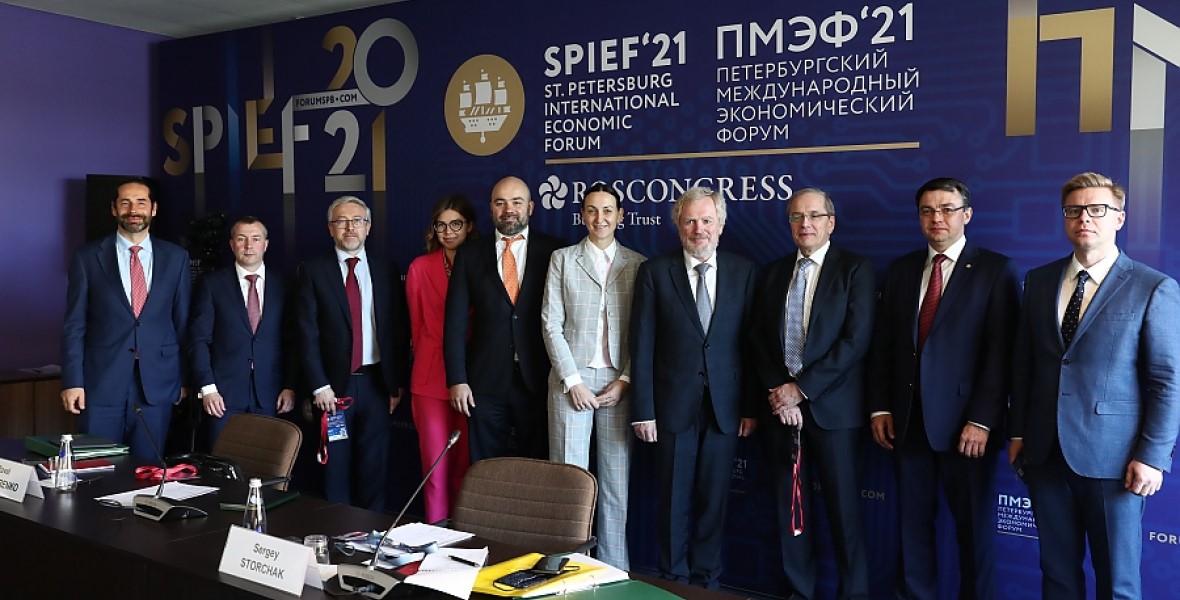
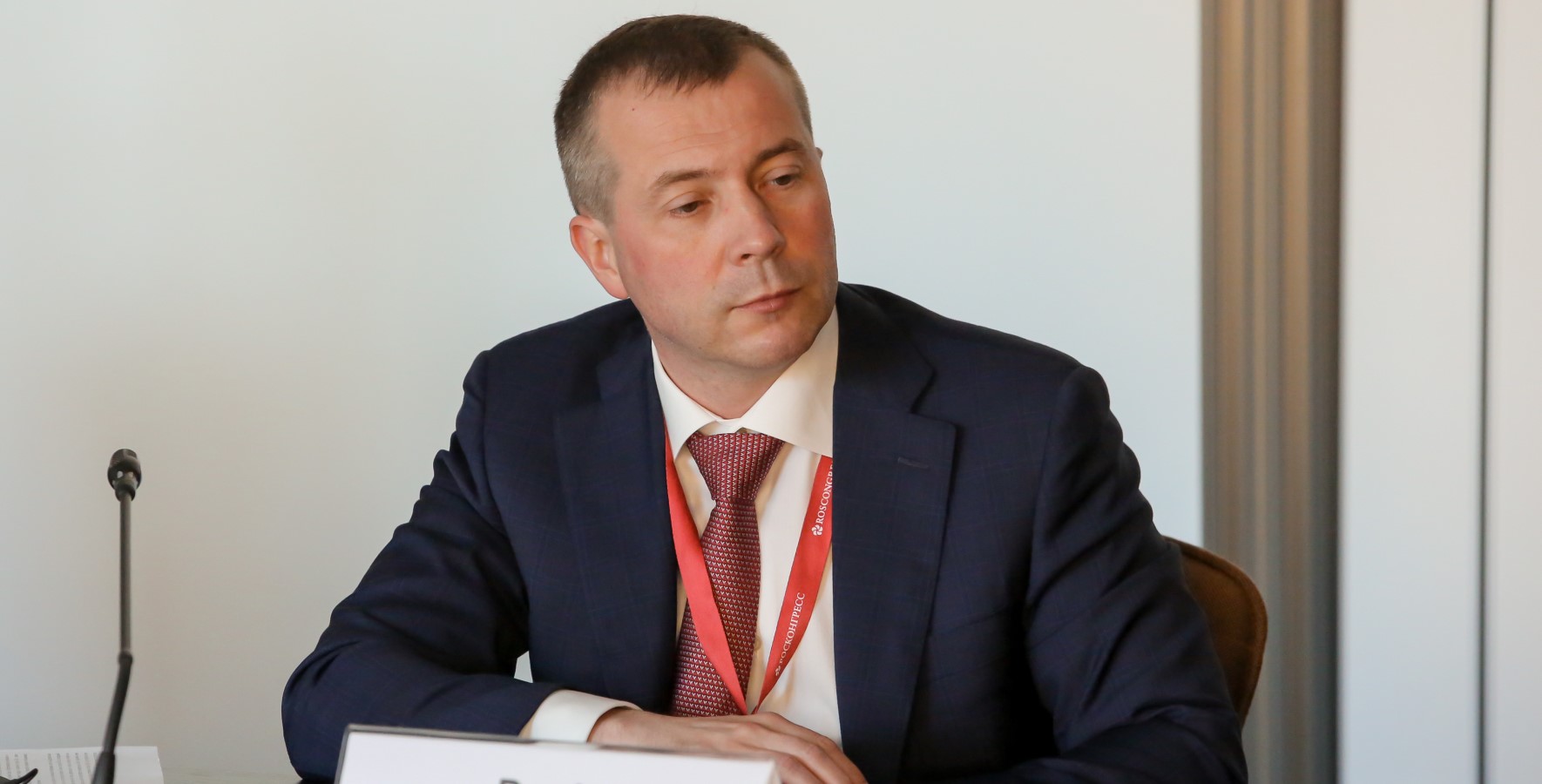
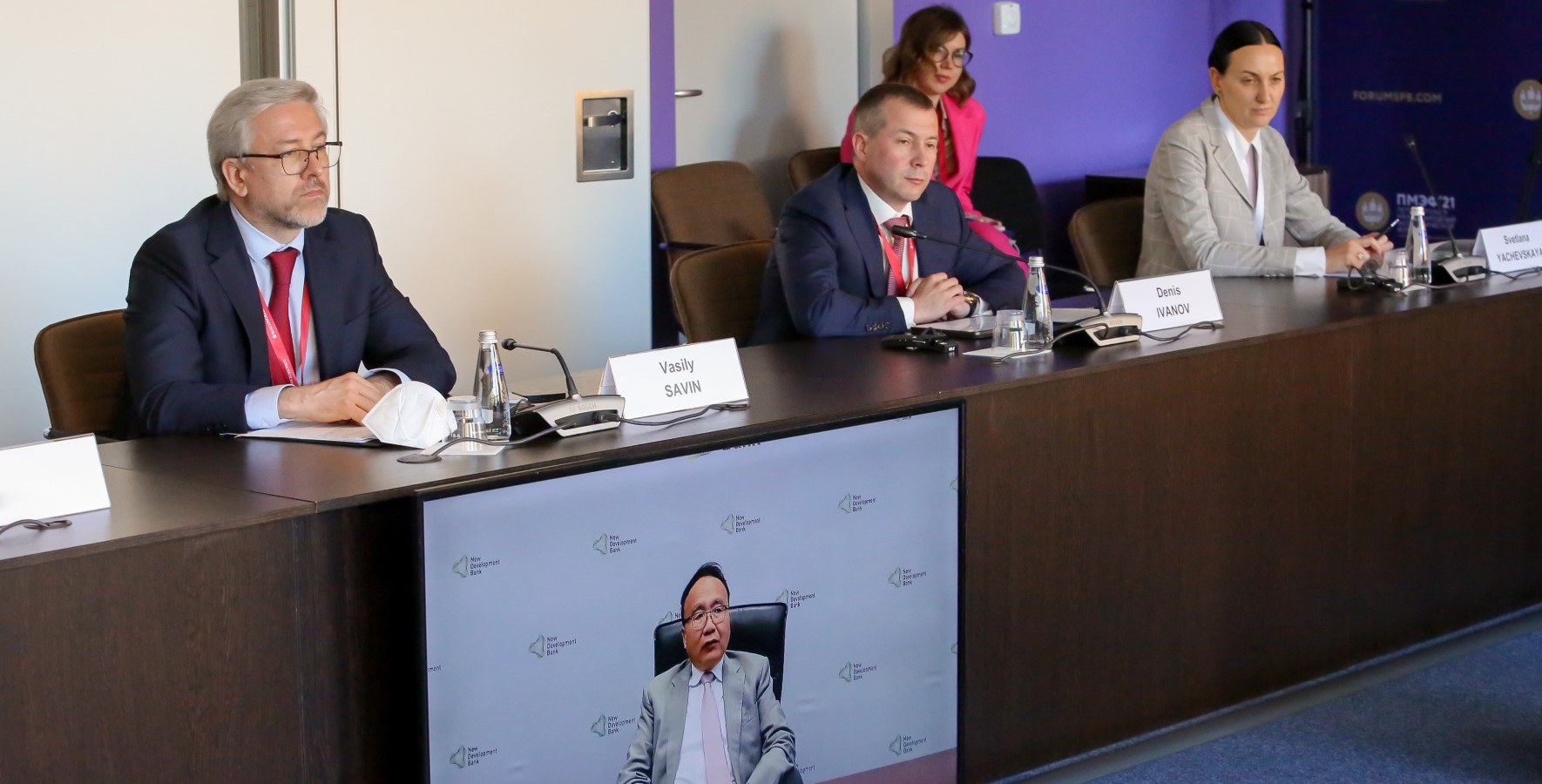
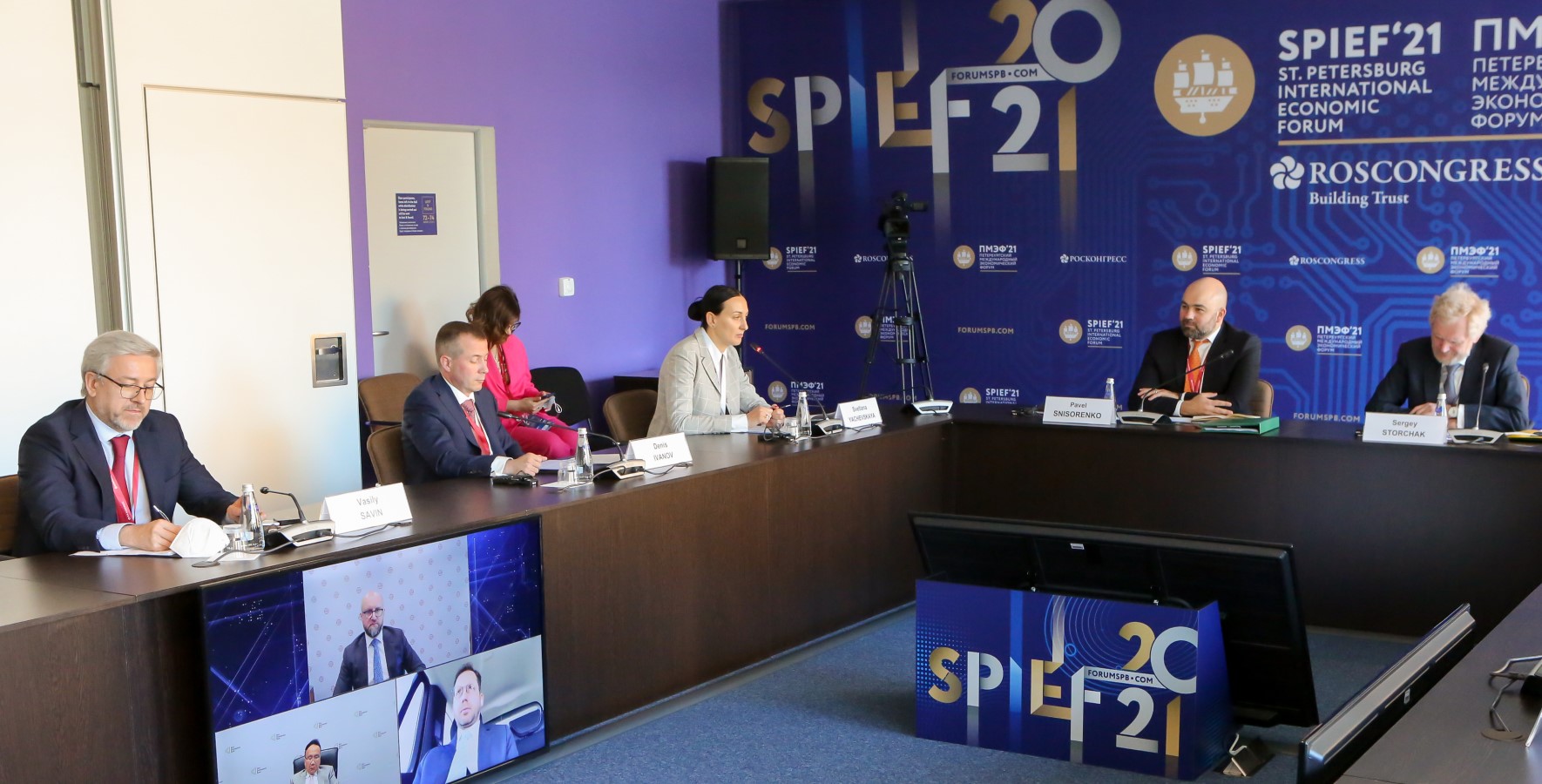
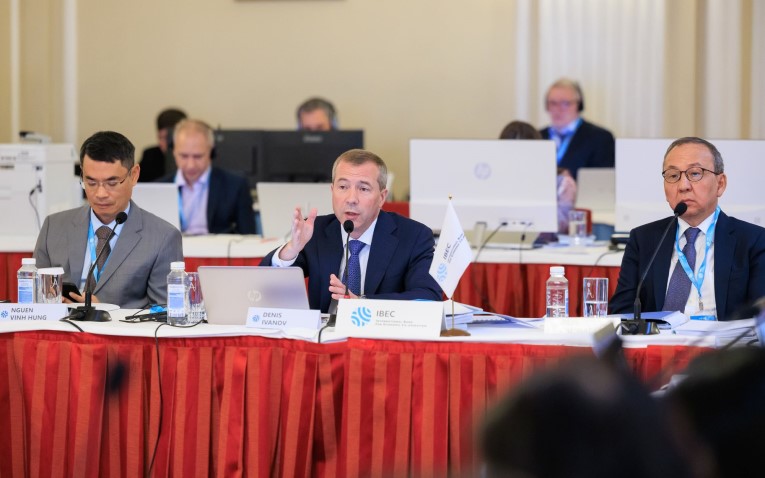
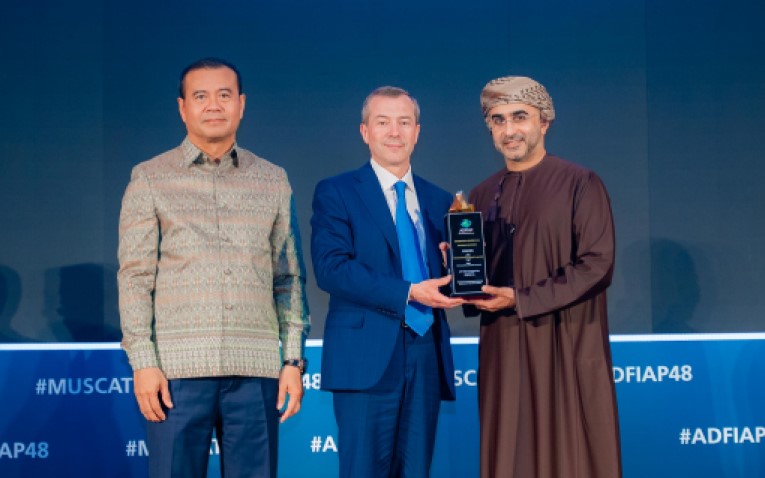

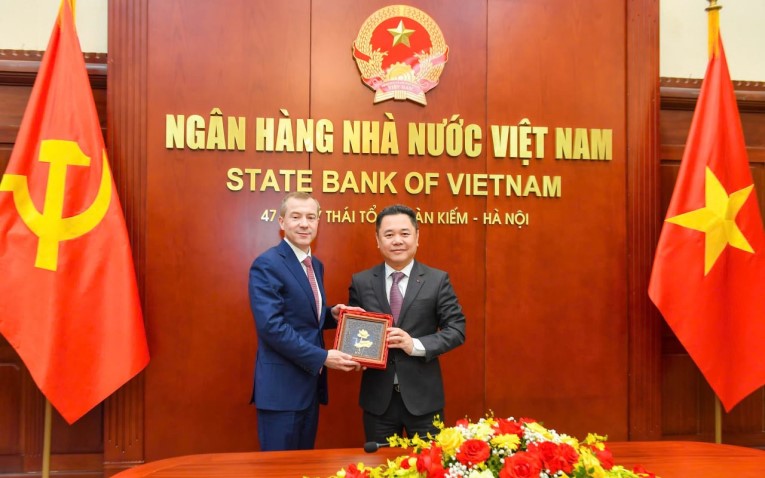
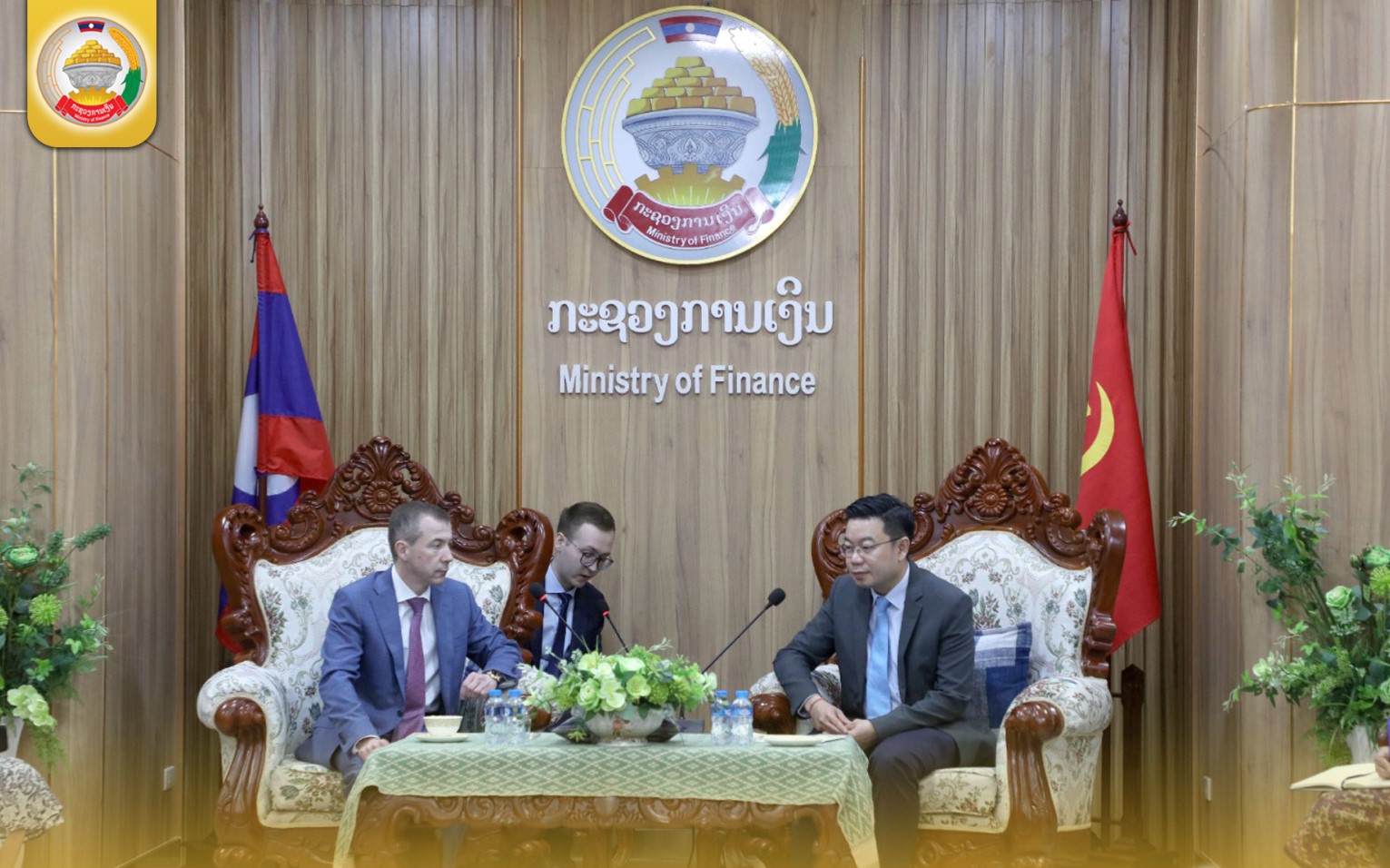

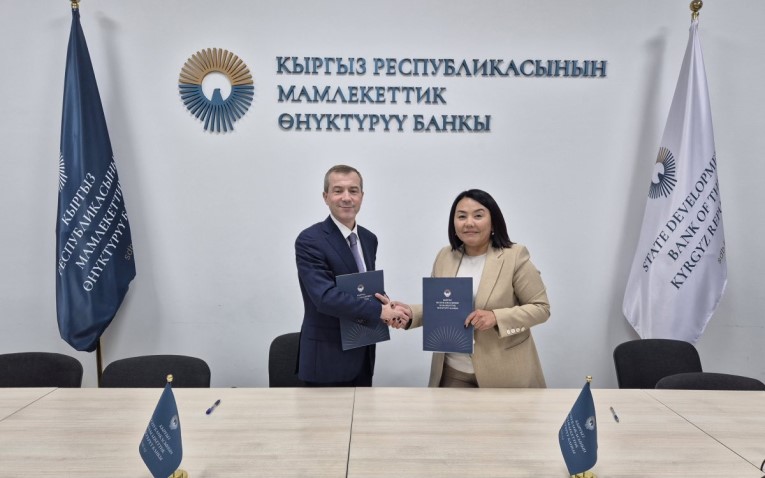


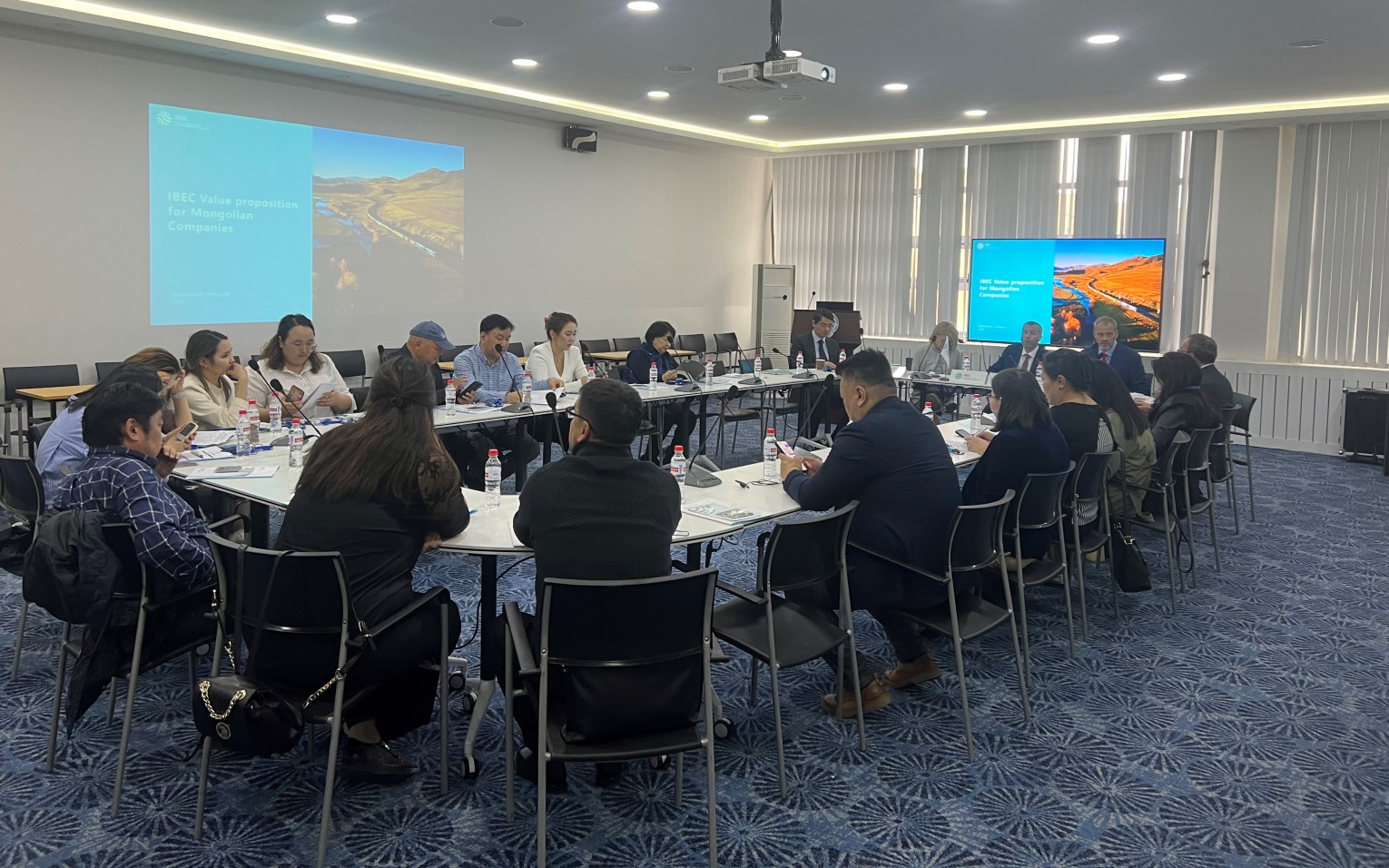


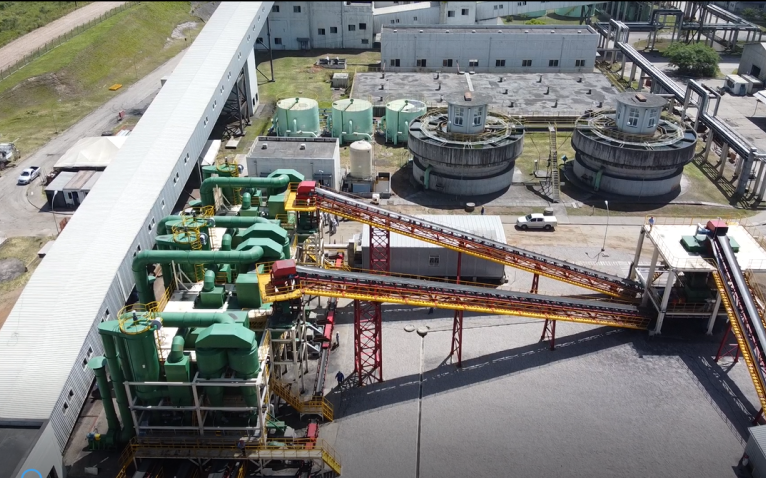



 765X478.jpeg)

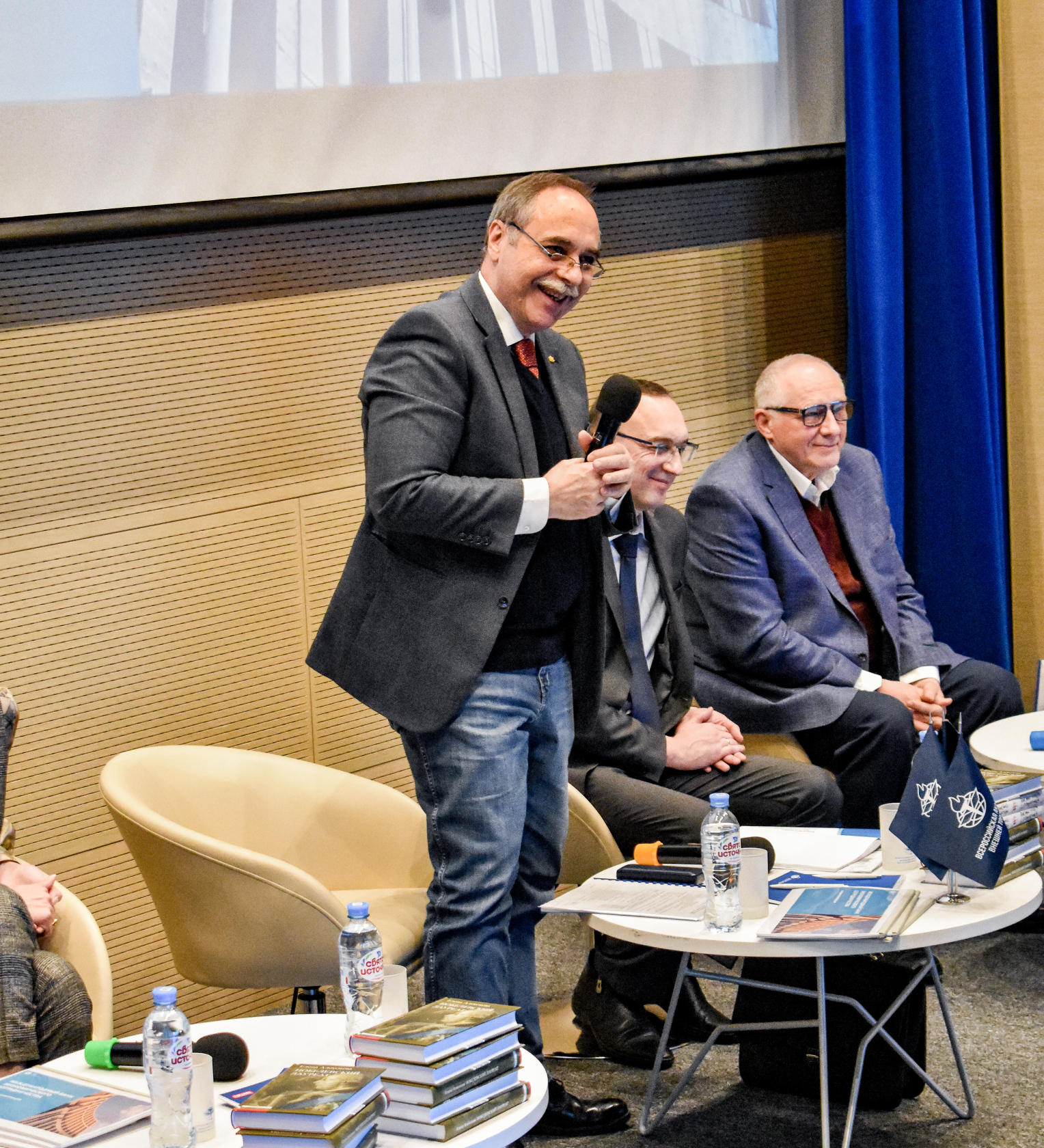

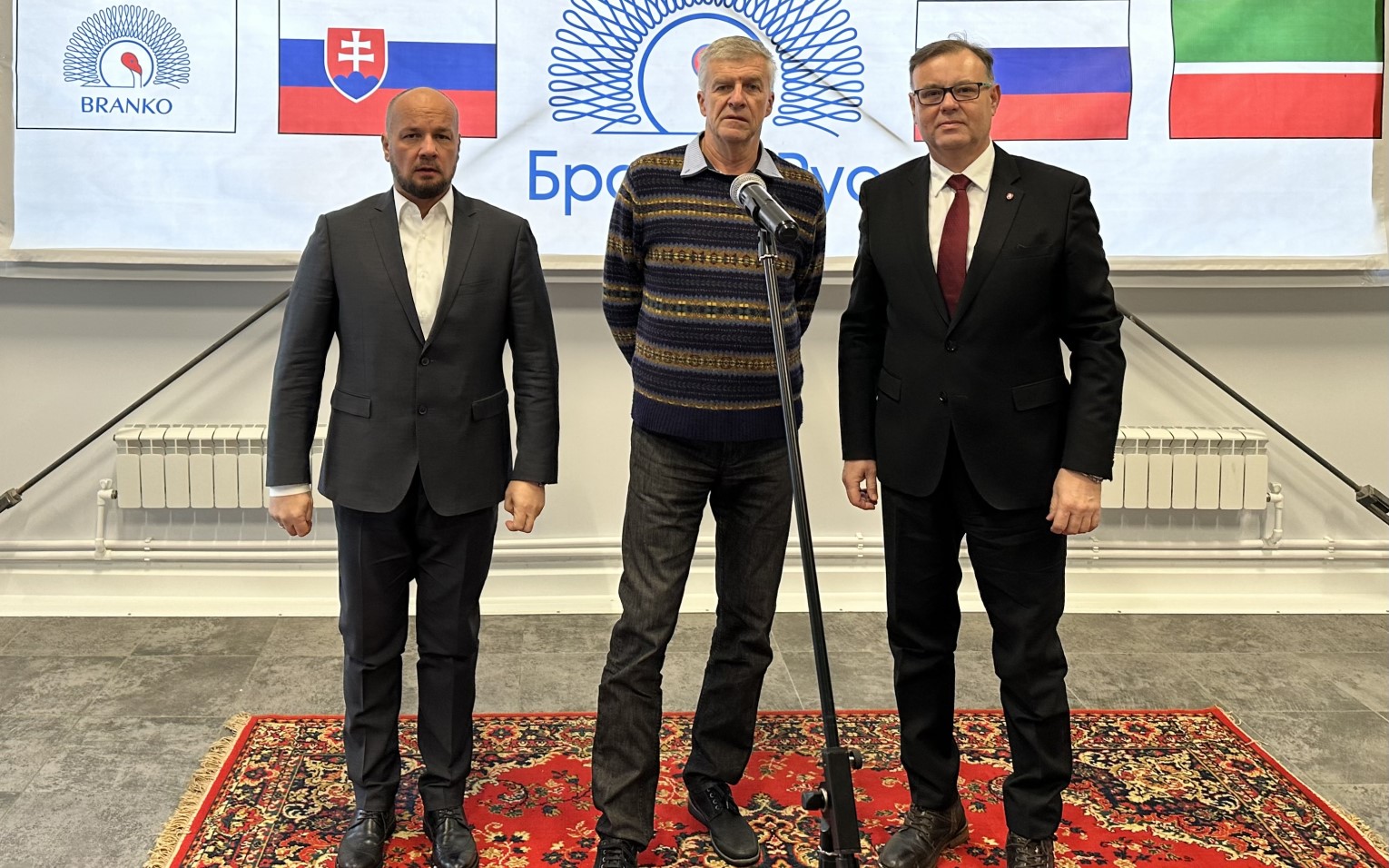
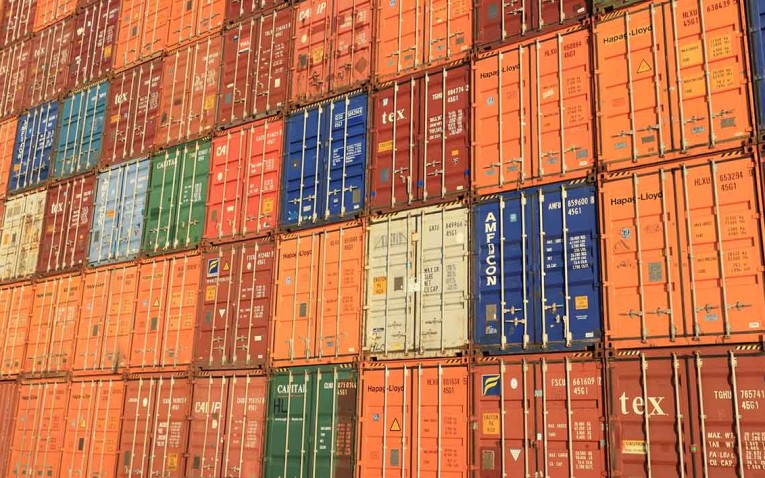










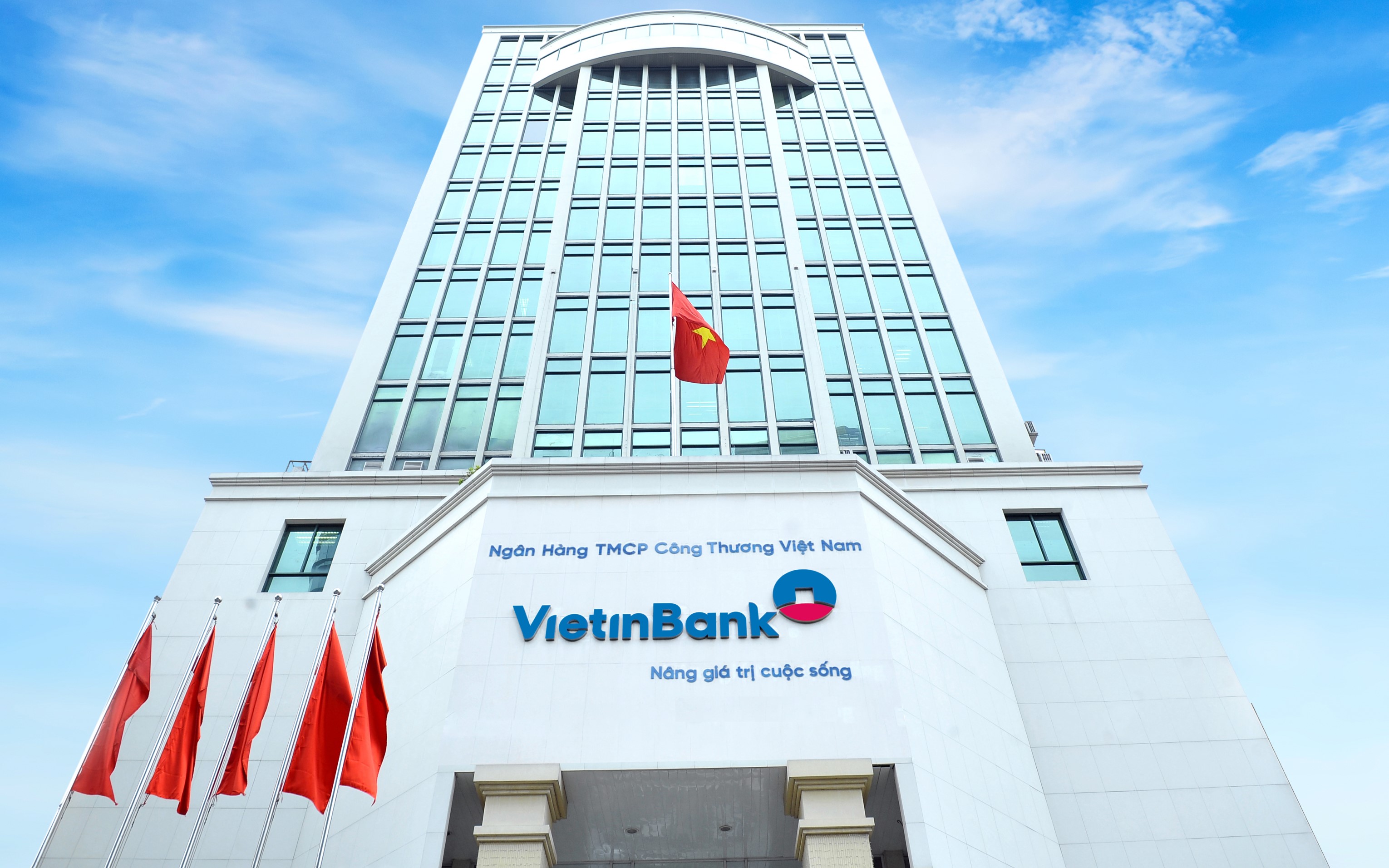
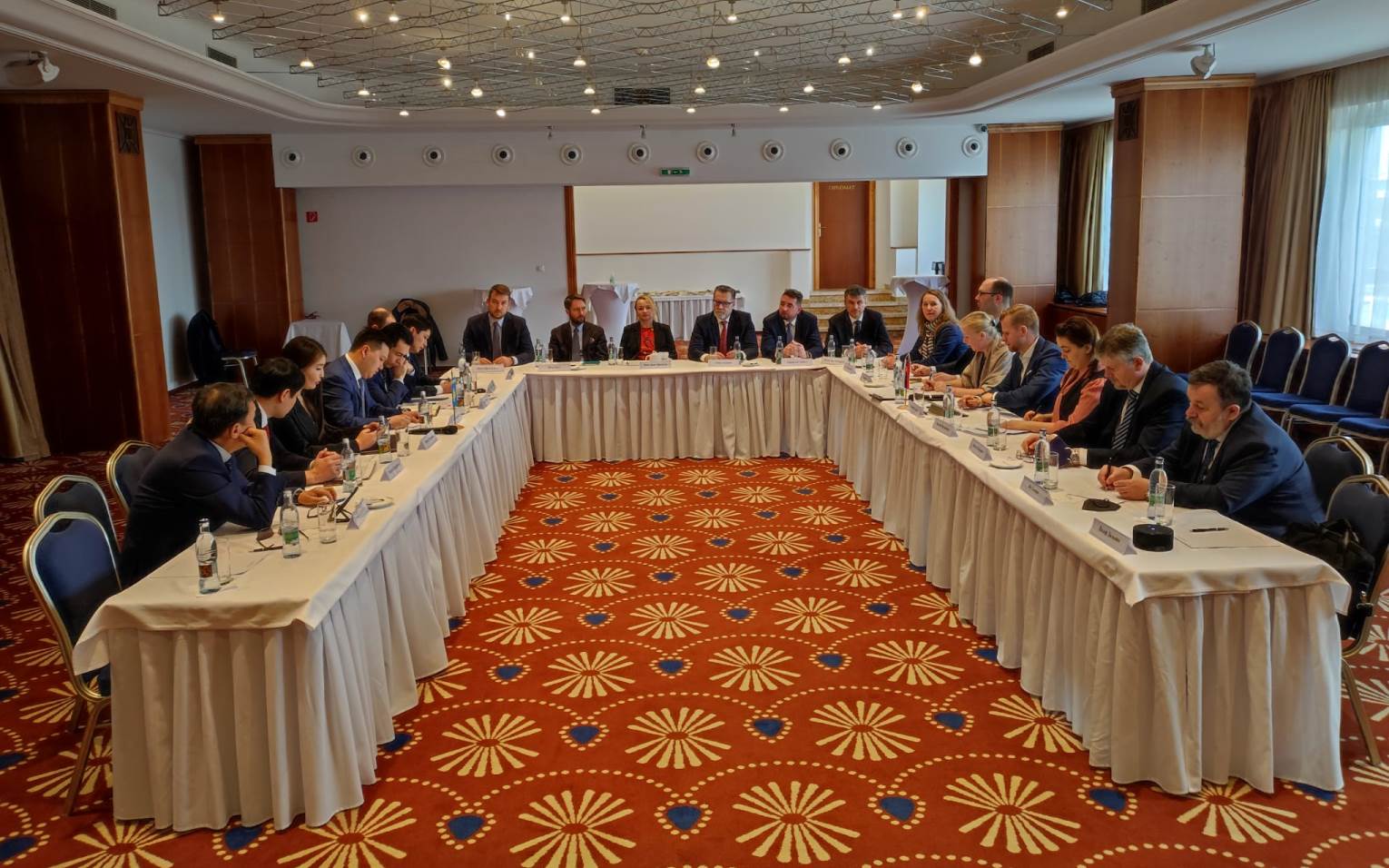
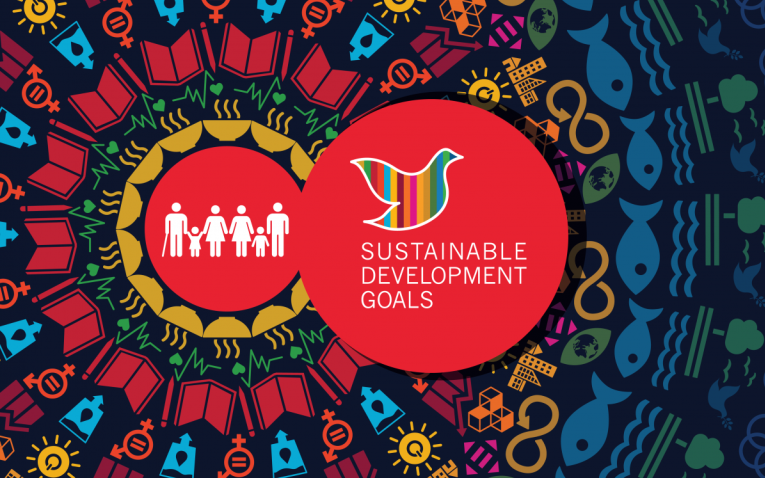

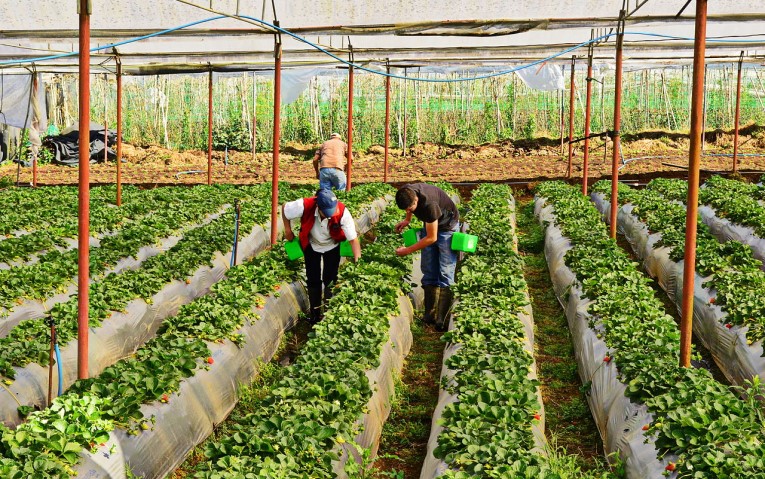

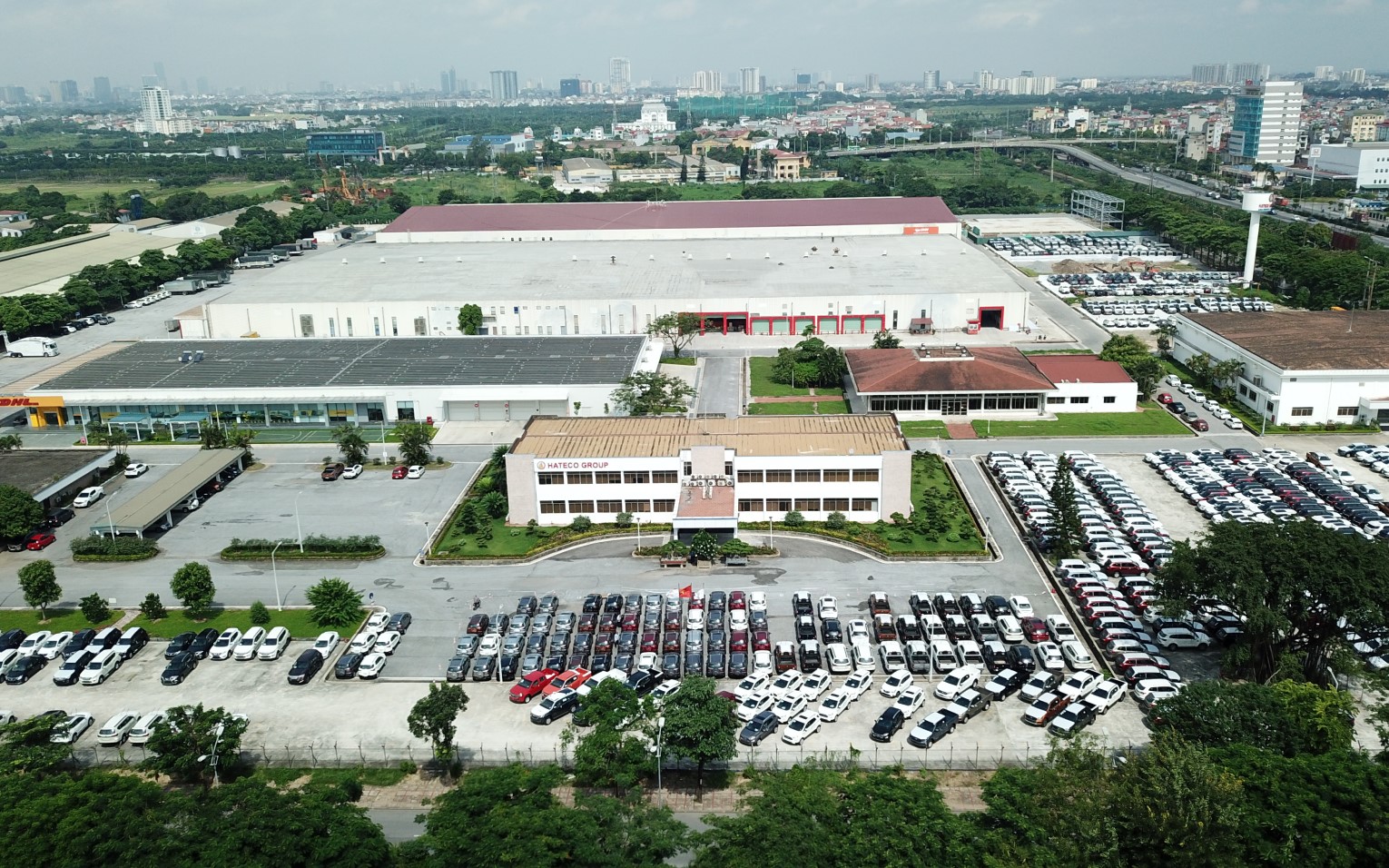

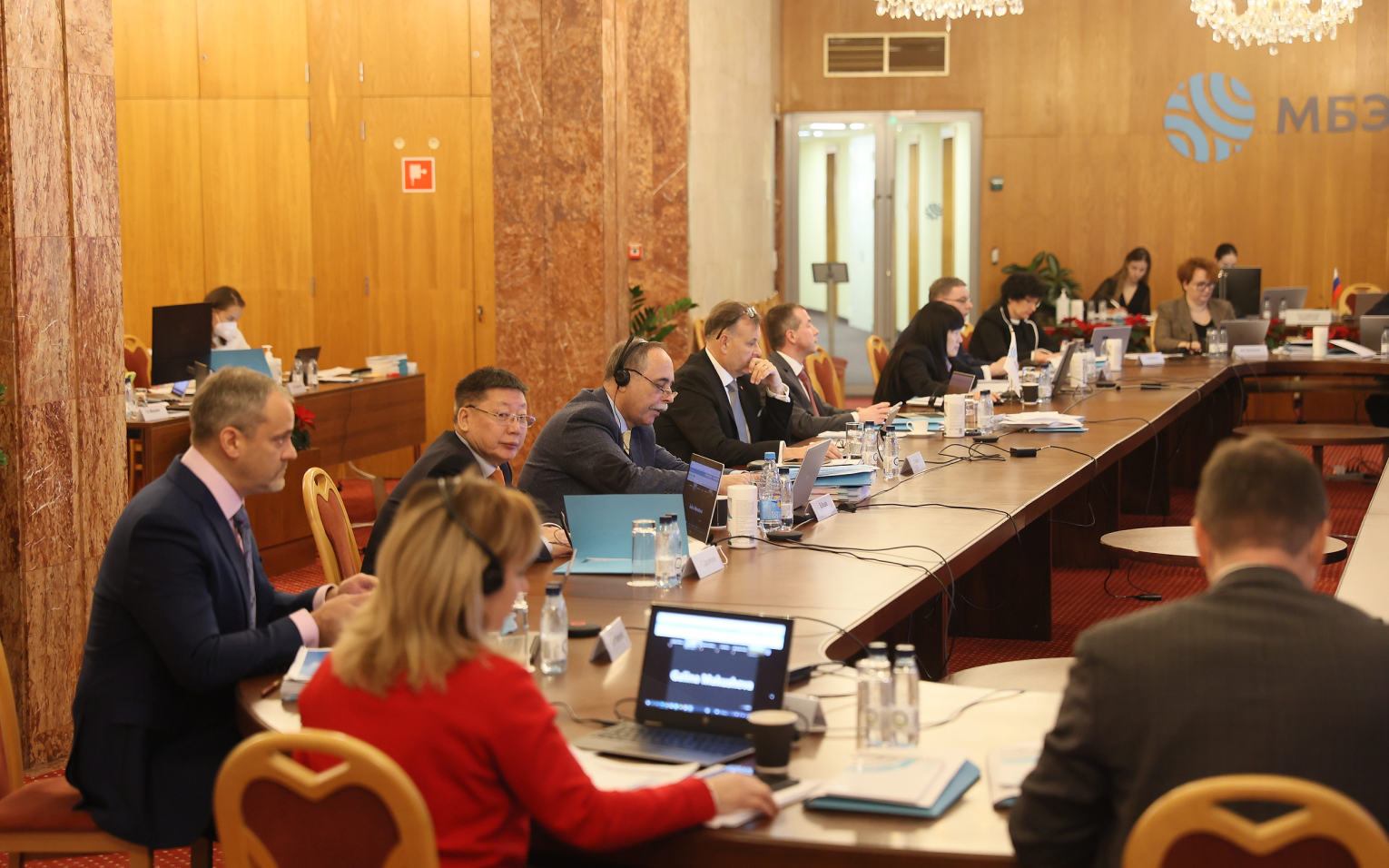
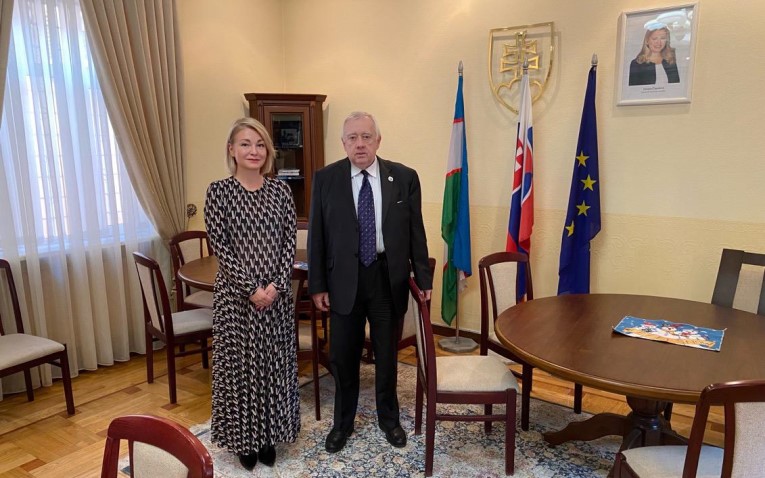


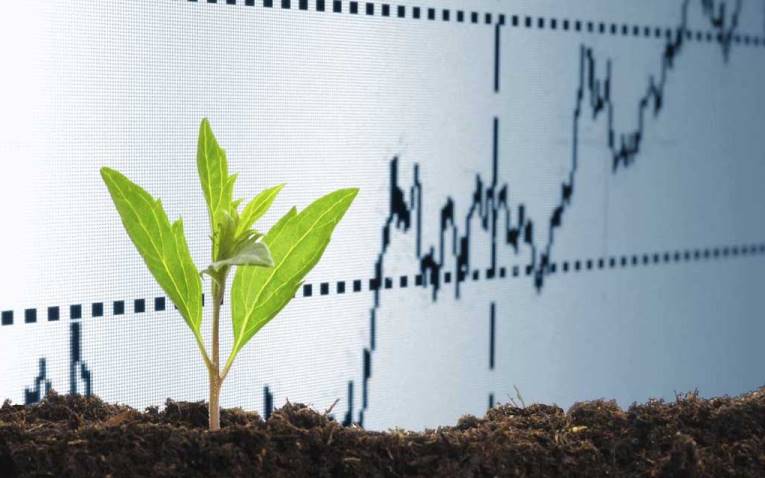
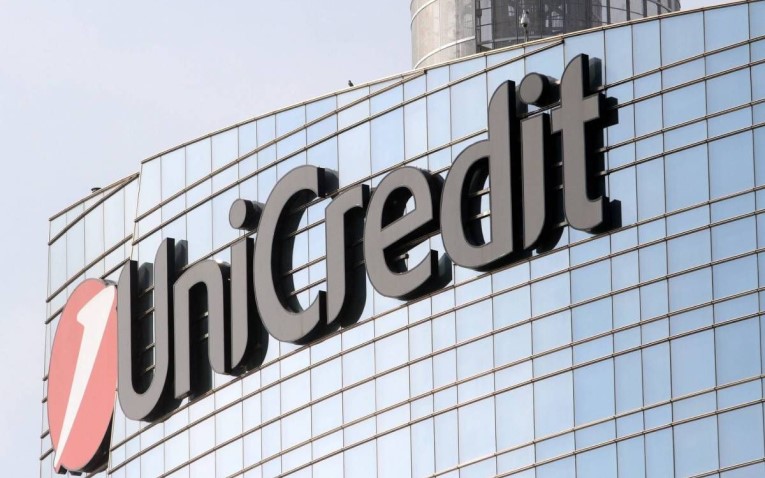
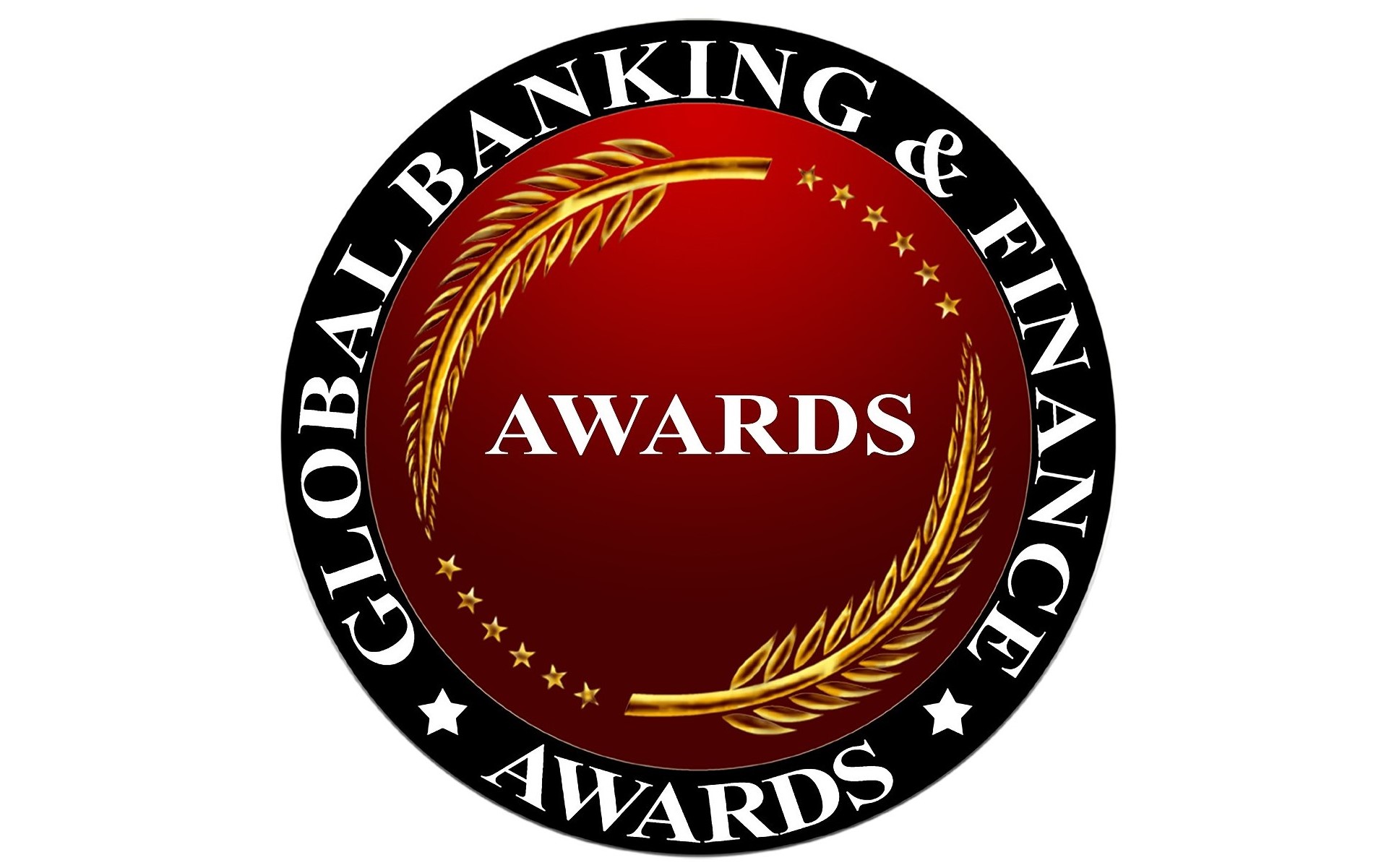
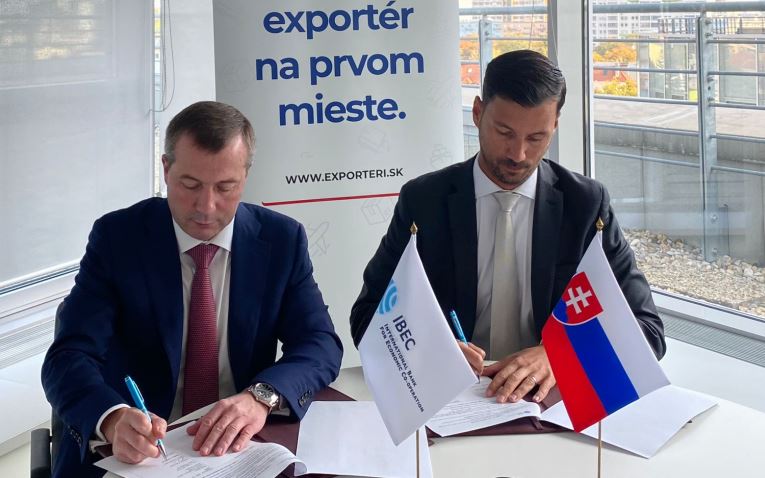
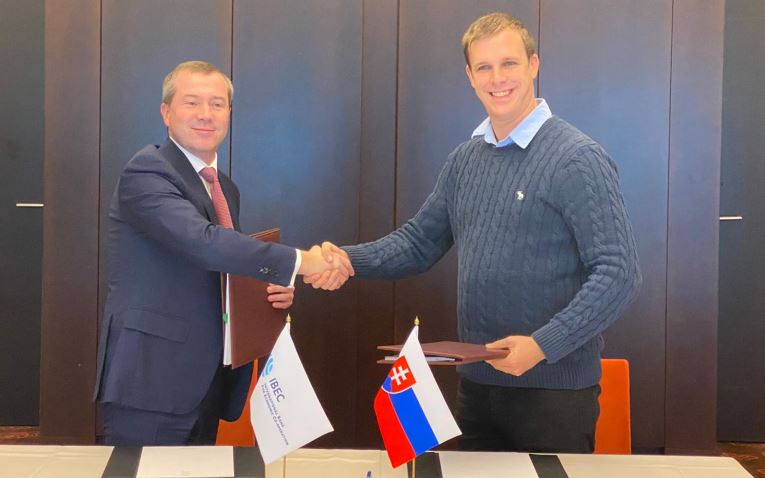

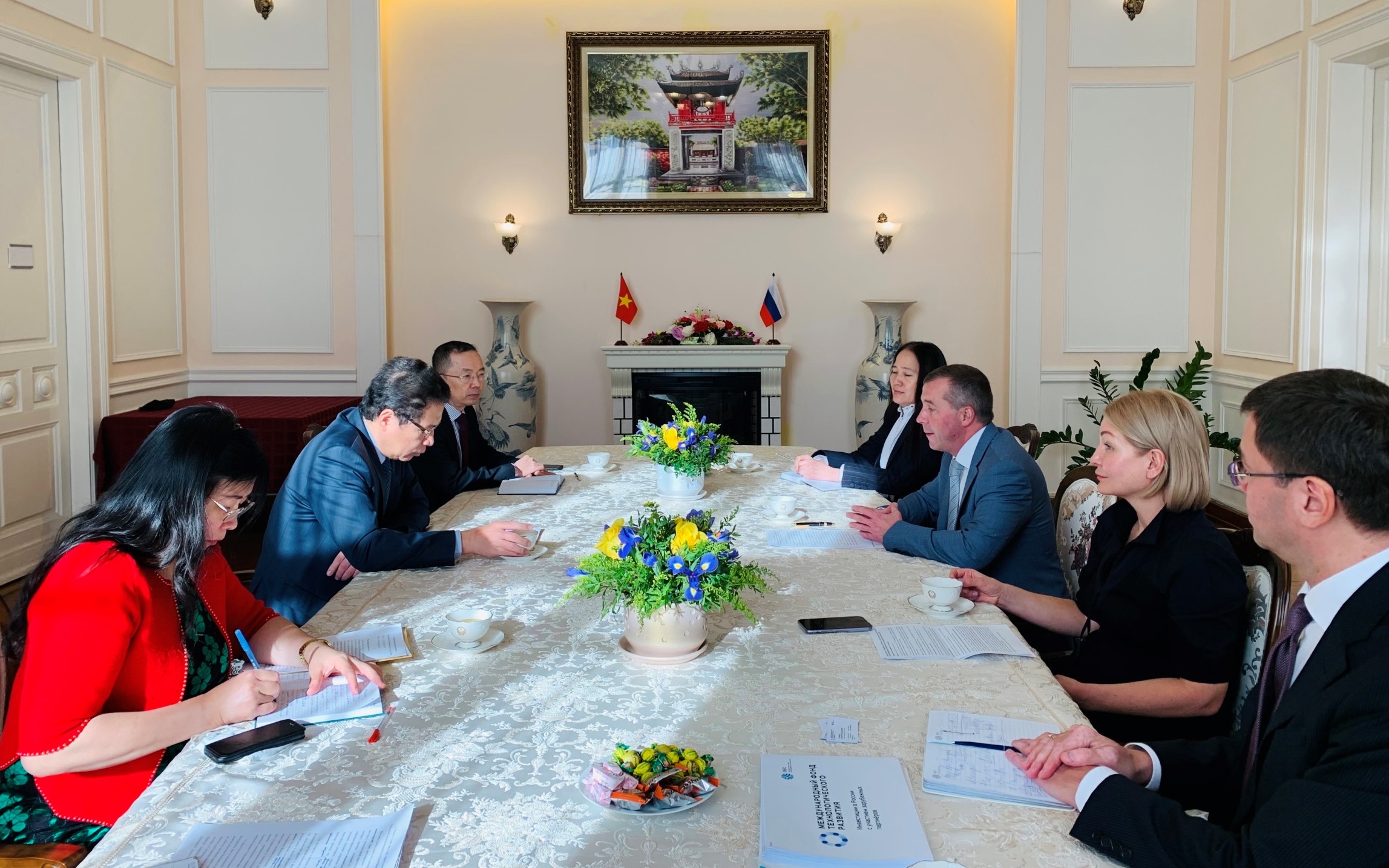

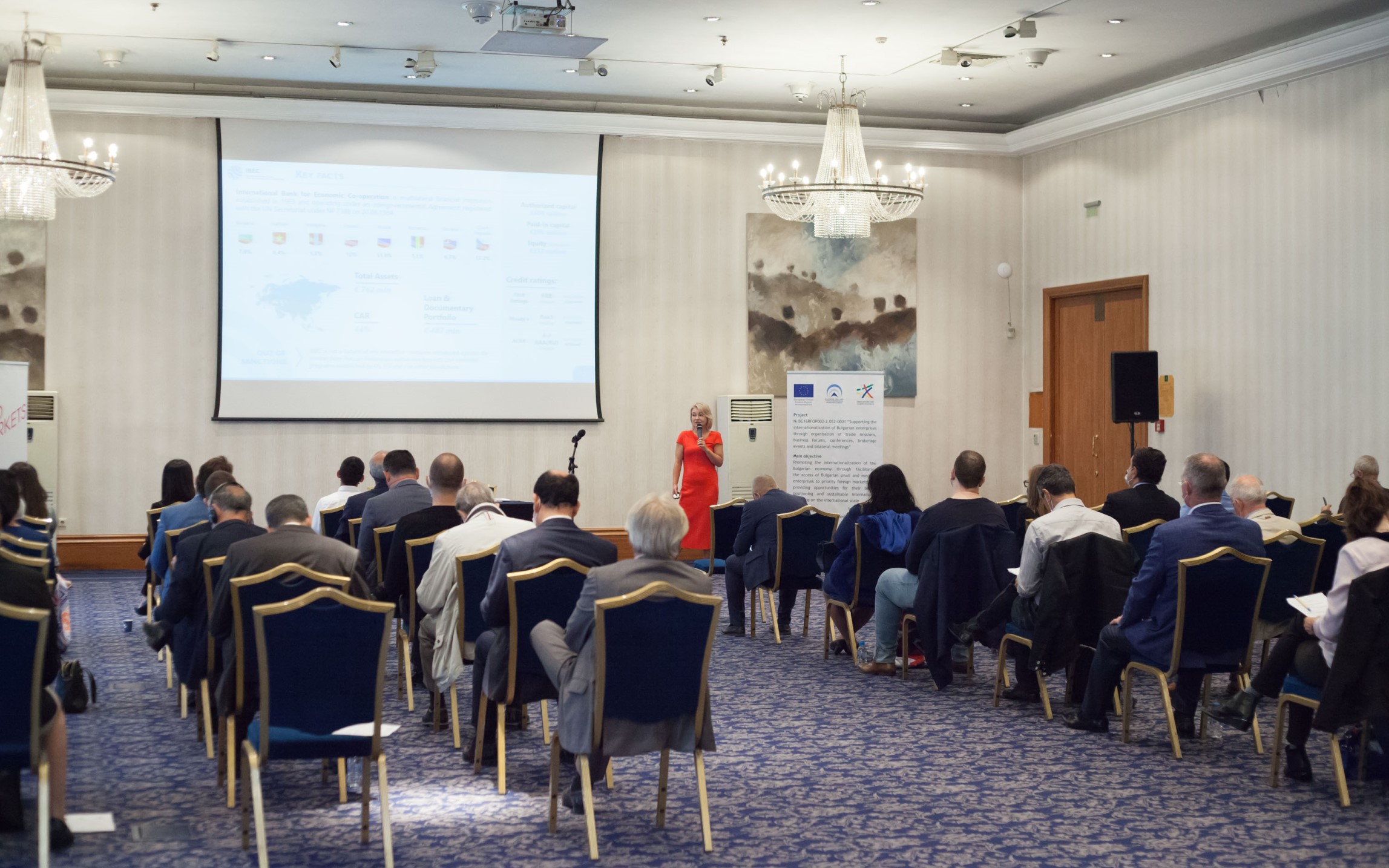


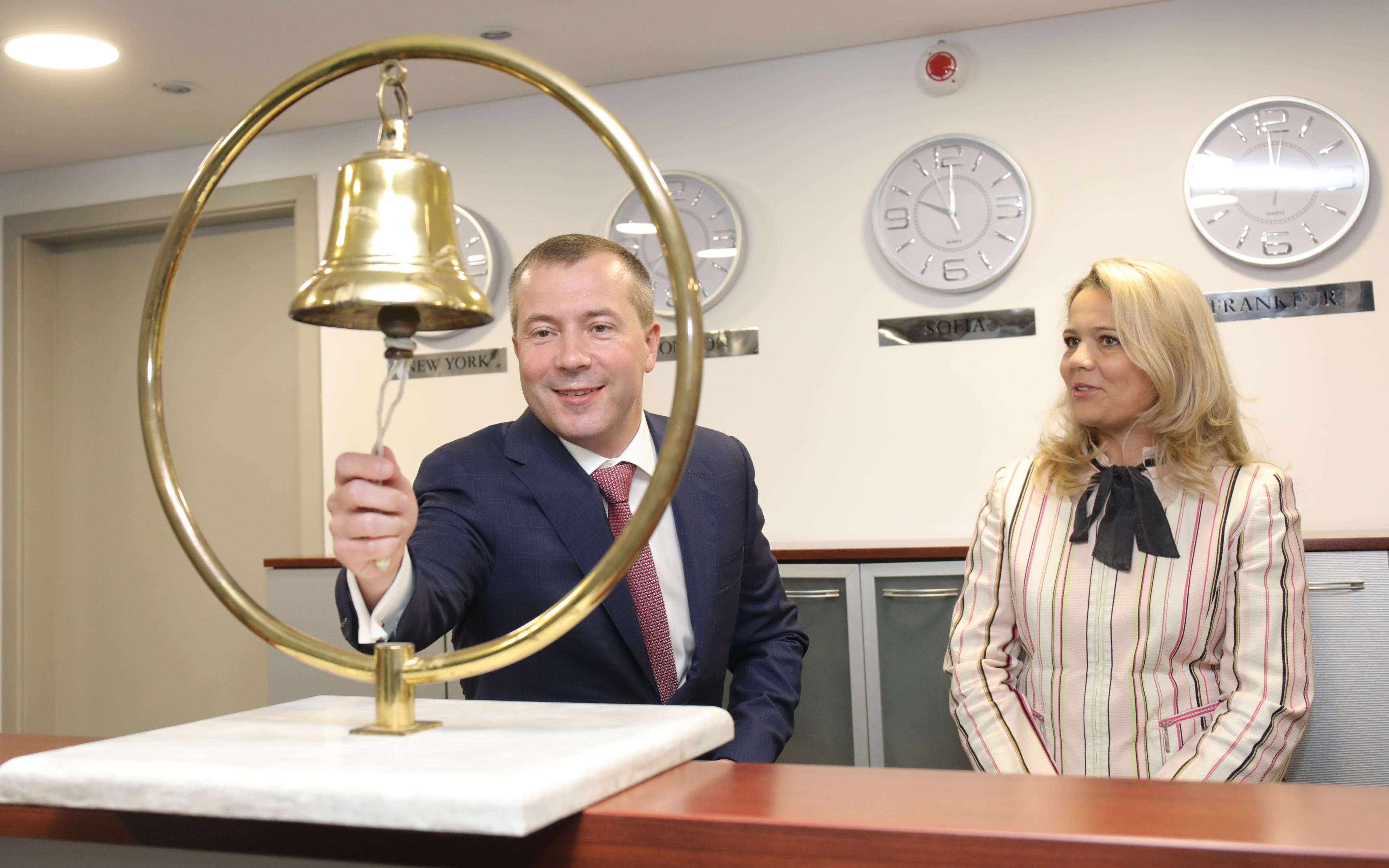



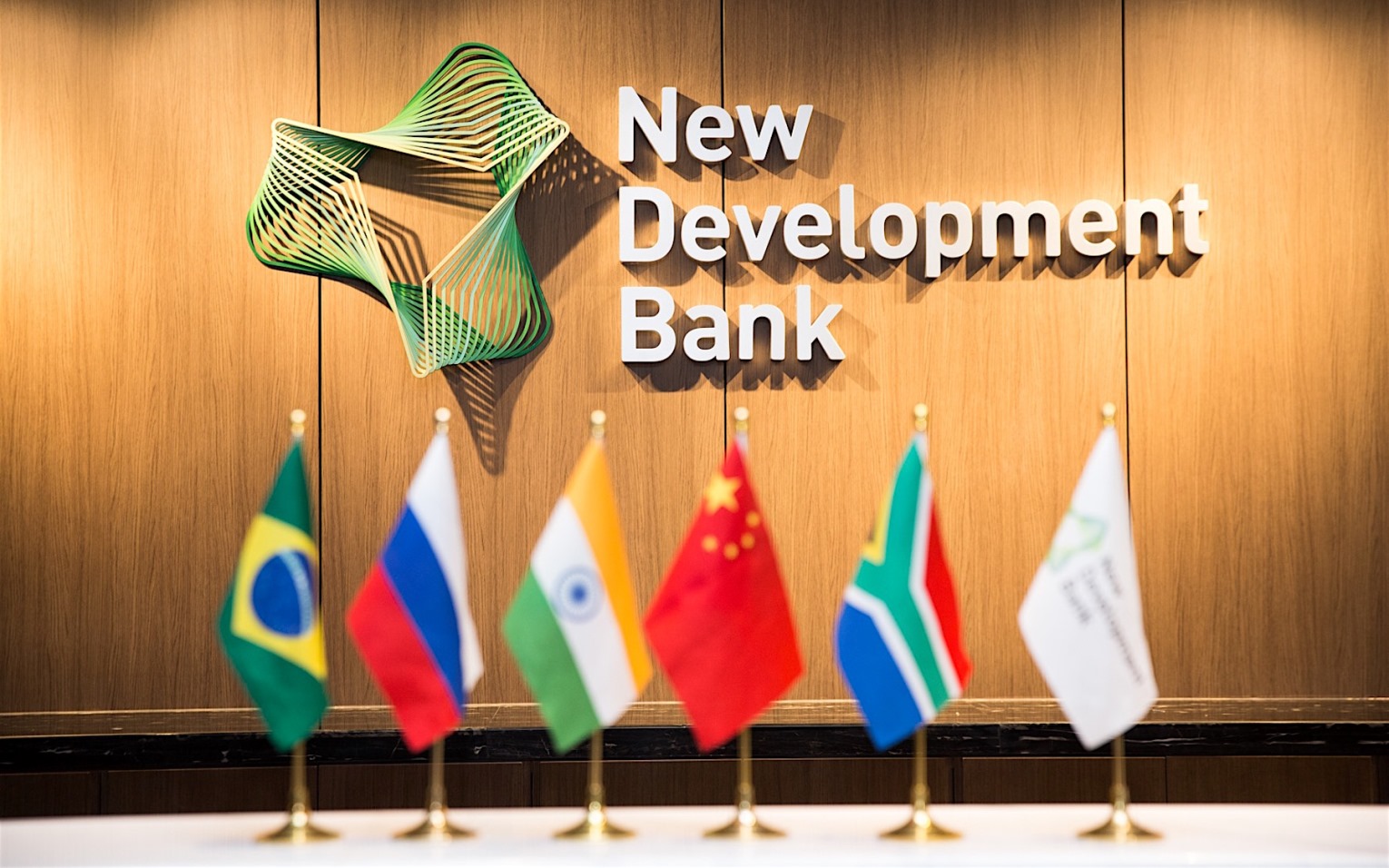


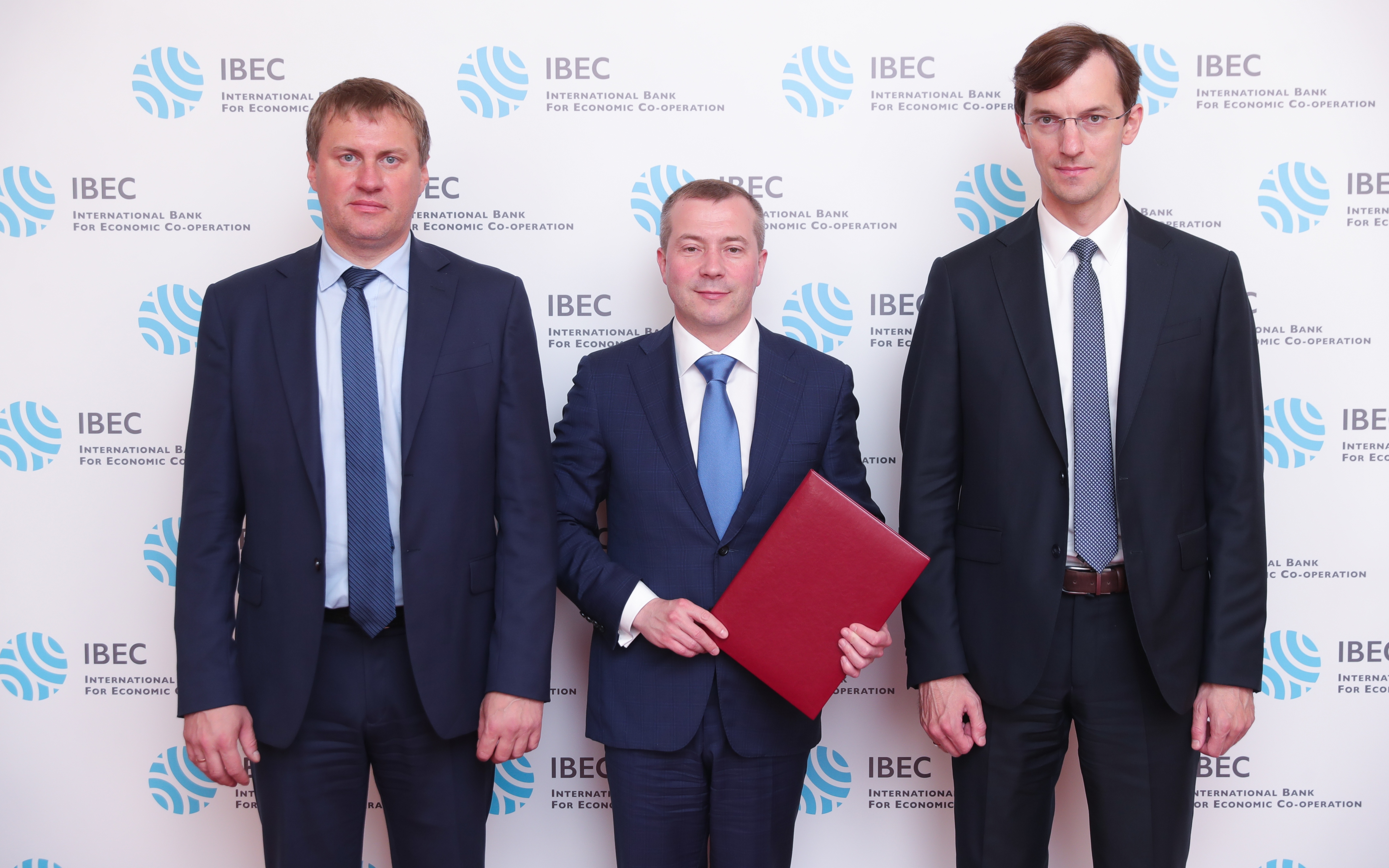
.jpg)
.jpg)
.jpg)


